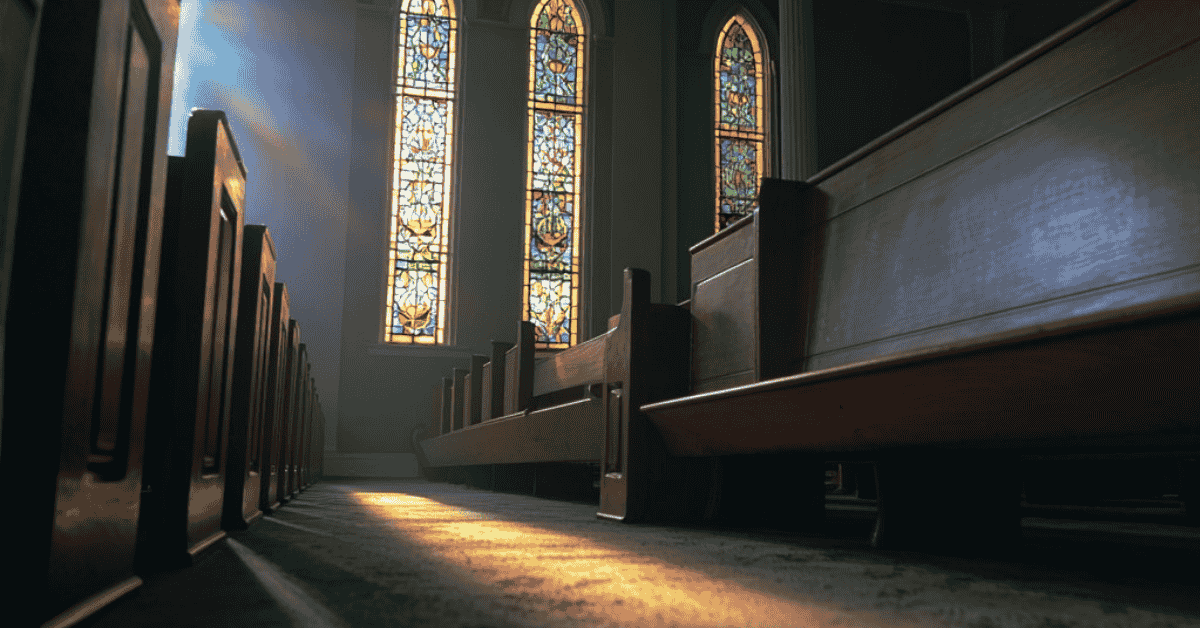Why It’s Not Too Late to Report Childhood Sexual Abuse in Arkansas
You don’t forget.
Even when you try to.
Even when decades pass.
Even when everyone else acts like it never happened.
If you were sexually abused as a child — whether it was by a family member, teacher, coach, clergy, or someone else who had no right to touch you — you might have wondered: Is it too late to do something about it?
Here’s the truth Arkansas survivors need to hear: For many, it’s not too late. The law has changed. If you were under 21 in 2021, you may now have a lifetime to file a case. And if you were older, a recent legal change opened a two-year window — and some of those cases are still active, even as the courts sort it out.
And if you’re still not sure whether you can face it? You don’t have to do it alone. Gillispie Law Firm has walked beside other survivors — not to push, but to guide when you’re ready.
Why Survivors Often Wait Years — Or Decades — to Speak Up
If you’re reading this as an adult who was abused as a child, and it’s been 10, 20, even 40 years — you’re not an outlier. You’re the rule, not the exception.
Many survivors don’t report childhood sexual abuse right away because:
- They were too young to understand what happened
- They were threatened or manipulated into silence
- They feared they wouldn’t be believed
- The abuser was someone they trusted — or even loved
- They buried it to survive
Trauma doesn’t follow a schedule. It doesn’t care about court deadlines. It shows up when it shows up — and sometimes that’s long after the abuse happened. Maybe now you’re seeing the damage in your relationships. Maybe your own child turned the same age you were. Or maybe, for the first time, you have the strength to say: That wasn’t my fault.
If you’ve carried your silence for years, please hear this: You still deserve justice.
Understanding the Statute of Limitations in Arkansas
Let’s break down what often scares people off — the statute of limitations.
In plain English, the statute of limitations is a law that sets a deadline for filing legal claims. But in recent years, many states — including Arkansas — have changed these deadlines specifically for survivors of childhood sexual abuse.
The Old Law
For years, Arkansas survivors only had until age 21 to file a civil lawsuit for abuse that happened when they were a minor. That meant if you were abused at age 10, you had to take legal action by the time you turned 21. Miss that deadline, and your claim was gone — no matter how horrific the abuse.
That law failed survivors. It ignored what science tells us: that delayed disclosure is the norm, not the exception.
The New Law: Why Some Survivors in Arkansas Have No Deadline to Sue
In 2021, Arkansas passed the Childhood Sexual Abuse Victors Act — also known as Act 1036 — which dramatically changed the statute of limitations for civil lawsuits involving childhood sexual abuse.
Here’s what the law did:
- Permanently removed the statute of limitations for new cases and for any case that hadn’t expired by the time the law went into effect on July 28, 2021.
- That means: If you were born on or after July 28, 2000, you now have a lifetime to bring a civil lawsuit against the person or institution responsible for your abuse.
- That part of the law has not been blocked and is fully in effect.
- The law also created a two-year revival window for older survivors whose claims were previously time-barred — and that window is intended to remain open until 2026.
But that revival window — often called a “lookback” window — is now under legal challenge in Arkansas. A case currently before the Arkansas Supreme Court could determine whether lawsuits filed under that temporary window will be allowed to proceed.
So what does this mean for you?
- If you were under 21 as of July 28, 2021, your civil claim is not limited by any deadline.
- If you were 21 or older and filed during the two-year window, your case may still be active — but the courts are still deciding whether that window will stand.
That’s why it’s critical to talk with a lawyer who knows this law inside and out. The timelines are not always obvious — but your legal rights may still be alive.
“Is There a Time Limit to Sue?”
Yes — but it may not be what you think. That’s why it’s so important to speak with an Arkansas attorney who understands this law. The rules around child sexual abuse lawsuits aren’t simple. They depend on your age, the details of what happened, who was involved, and whether your case was already time-barred when the law changed.
If you didn’t qualify for the revival window — or missed it — you may still have options. It depends heavily on the specifics of your case.
But here’s what we can say for sure:
If you were born on or after July 28, 2000, there is no statute of limitations stopping you from filing a civil lawsuit.
If you were older when the law changed, you may still be able to sue — especially if your case was filed during the revival window, which is intended to remain open until 2026, even though it’s currently being challenged in court.
Either way, the only way to know where you stand is to talk with a lawyer who’s up to date on Arkansas’s changing laws.
Why Reporting Now Still Matters
Even if the abuse happened decades ago — even if your abuser is dead — reporting it still matters. Here’s why:
- You may help protect others by holding institutions accountable.
- You may be eligible for financial compensation through a civil case.
- You reclaim power that was stolen from you.
Some survivors think: “What’s the point now? I’m not the same kid I was back then.”
But that’s exactly the point.
You’re not that kid anymore. You’re stronger. And you have choices now that you didn’t have then.
You Don’t Have to Go Public to Take Legal Action
We’ve seen this fear stop people in their tracks:
“If I come forward, everyone will know. My job, my family, my kids… I’ll lose everything.”
But that’s not how it works. You have more control than you think.
When we work with survivors, we always prioritize privacy and emotional safety. Many survivors file lawsuits using pseudonyms like “Jane Doe.” Your name doesn’t have to be in the news. Your story doesn’t have to be shared unless you want it to be. And we’re never going to push you to do something that makes you feel unsafe or exposed.
This guide on staying private walks through your options if you’re thinking about legal action but worried about the public spotlight.
Survivors have walked this road before. Quietly. Safely. Powerfully.
What a Lawyer Can Actually Do for You
Let’s be real: lawyers get a bad rap. Cold. Clinical. Complicated.
But when you find the right one — someone trauma-informed who gets the emotional weight of what you’re carrying — a lawyer can do a lot more than file paperwork.
Here’s how we help:
- Listen — without judgment, pressure, or assumptions
- Explain your legal rights in plain English
- Investigate your case confidentially
- Take action only if and when you’re ready
- Stand between you and your abuser — and anyone protecting them
You don’t have to face the legal system alone. You shouldn’t.
What You Can Do Now
If you’re reading this and thinking, Maybe it’s not too late, here’s what you can do:
- Talk to a therapist or trauma-informed counselor. Even one session can help you feel more grounded.
- Call a confidential hotline like RAINN (1-800-656-HOPE).
- Schedule a free legal consultation. We’ll answer your questions, even if you’re not ready to file.
Even if you decide never to move forward legally, knowing your rights changes something. It puts the power back in your hands.
You’ve had your story buried long enough. Let’s help you bring it into the light — without shame, without pressure, and without fear.
You Still Deserve Justice
The clock hasn’t run out. You haven’t missed your chance. You are not too late.
You’ve already survived the hardest part: the abuse. What comes next — reclaiming your story, seeking accountability, getting closure — that’s something we can face together.
And if the fear of going public still haunts you, know this: there are ways to hold your abuser accountable without ever stepping into the spotlight.
Whether it’s been 5 years or 50 — if you were abused as a child, you still matter.
And your story is not too old to matter in a court of law.



